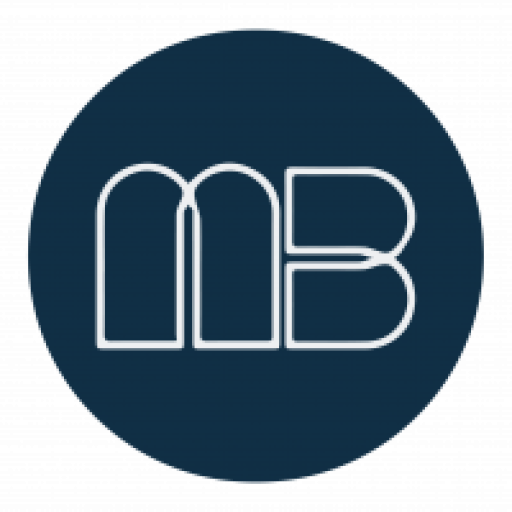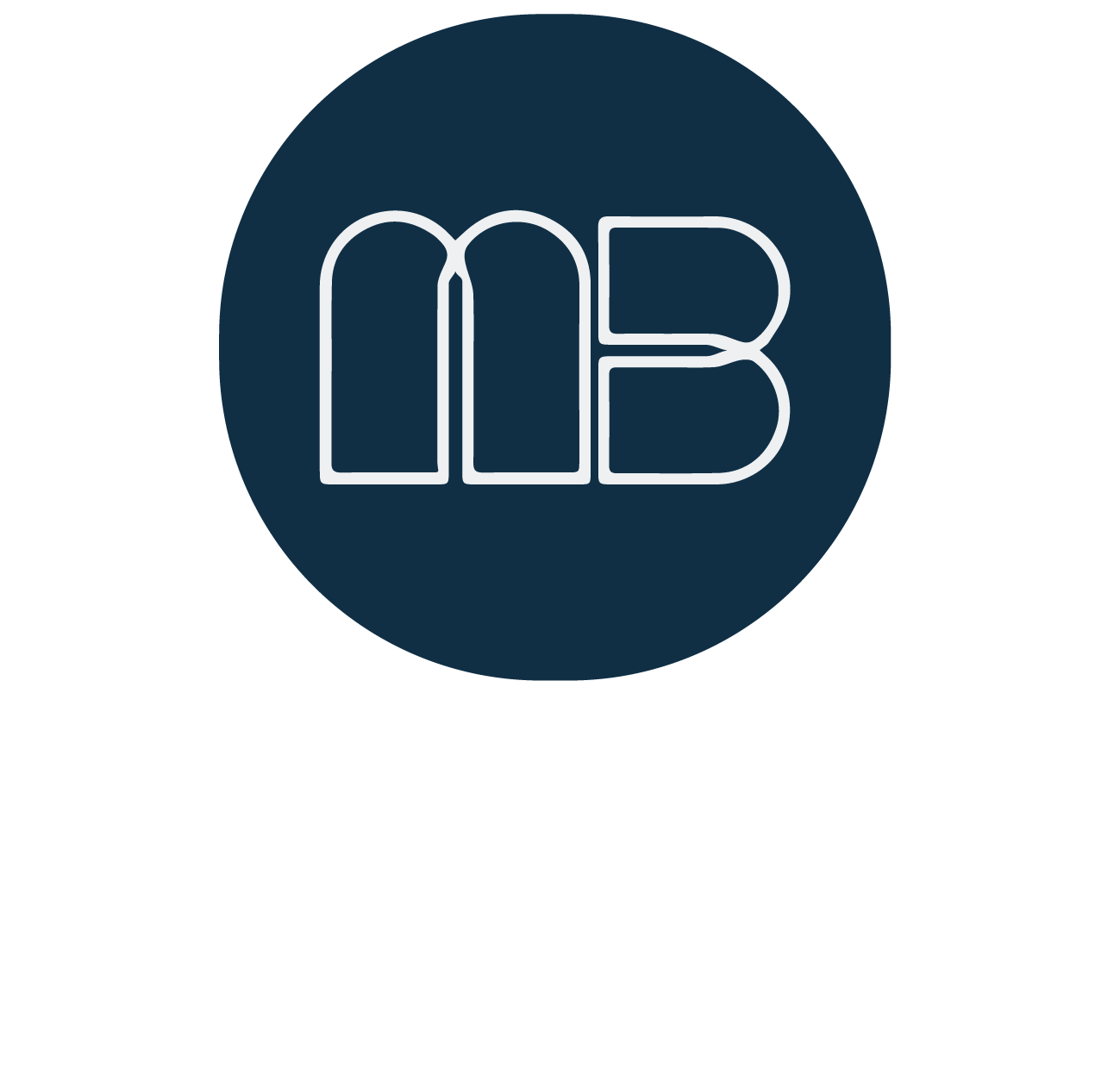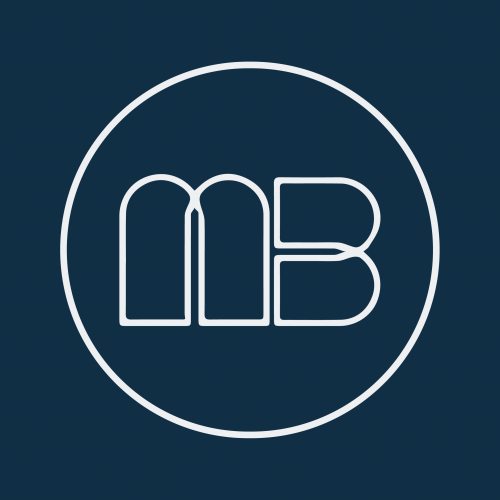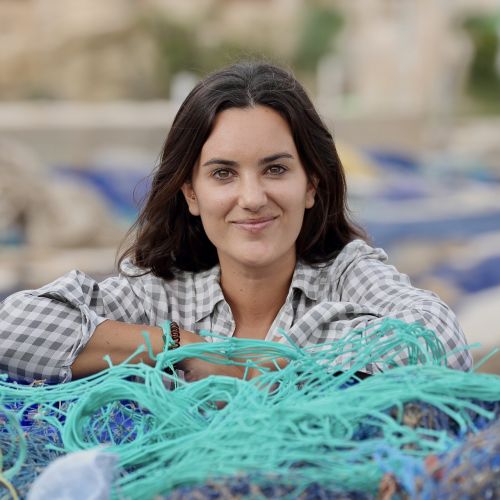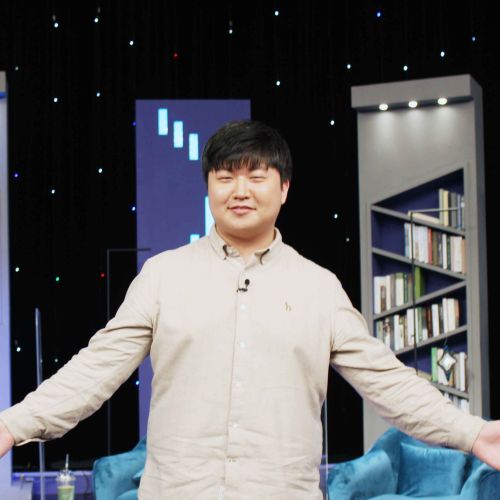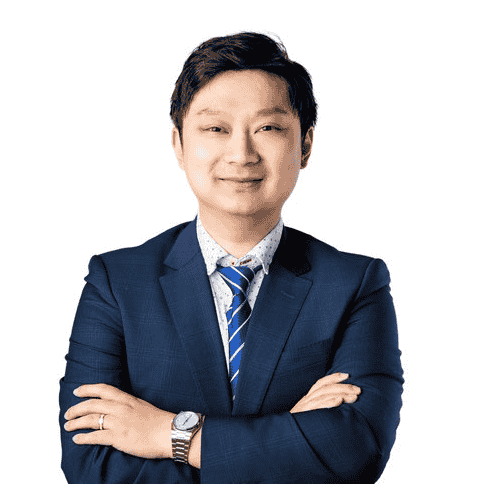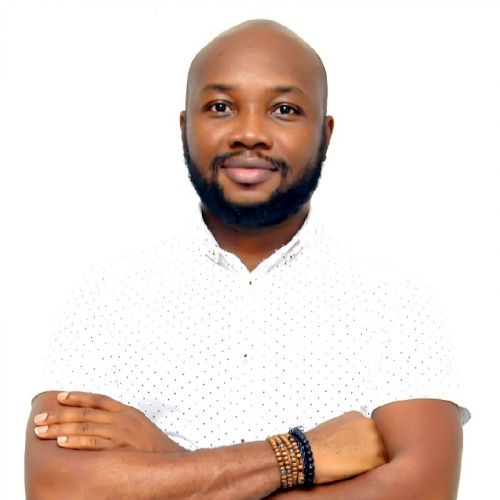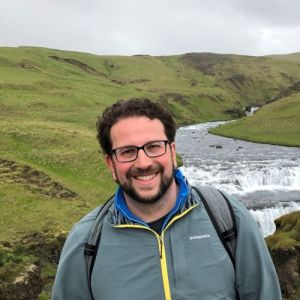How Gravity Wave is tackling the ocean plastic crisis, one fishing net at a time
In this #MeetTheMB100 interview, Amaia Rodríguez, Co-CEO at Gravity Wave, explains how her organisation is collaborating with over 7,000 fishermen across the Mediterranean to turn fishing gear into recycled products and clean our oceans.
This interview series is sponsored by EY, Hogan Lovells and Babson College.
Meaningful Business (MB): Can you tell us a bit about the issues you are trying to solve and why you selected them?
Amaia Rodríguez (AR): At Gravity Wave, we are trying to solve the plastic pollution crisis in our oceans. More than 12 million tons of plastic waste enters the oceans every year, and more than 40% of the plastic polluting the oceans are fishing gear and fishing nets. Moreover, the mediterranean sea is the most polluted sea in the world, having the maximum concentration of plastic waste on the planet. We are focusing on collecting the plastic from the sea and transforming it into raw materials and products.
MB: How is your work tackling those problems and what impact are you having?
AR: We have agreements with more than 7,000 traditional fishermen from Greece, Italy, Egypt and Spain and have collected more than 550,000 kilograms of plastic waste in three years from the Mediterranean Sea and Atlantic Ocean. We have been able to recycle fishing nets and fishing gear on an industrial scale and are using the recycled materials for injection moulding, stadium seats, furniture and other products. Our goal is to replicate the solution we have created in other countries along the Mediterranean Sea and other parts of the world and use the maximum amount of plastic recovered to reintroduce it into the economy.
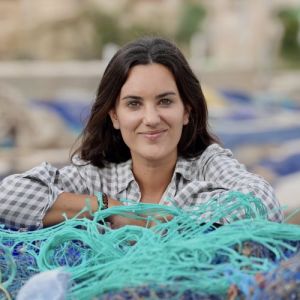
Amaia Rodriguez, Co-Founder, Gravity Wave
MB: What support do you need in order to scale your business and increase your positive impact?
AR: We need more support in the innovation part especially in the PA6 mechanical recycling. We also need legislation to support our impact and keep collecting the plastic waste from the oceans.
MB: How do you work with partners and the wider ecosystem to achieve your mission?
AR: We help companies to create a positive impact on the oceans and we connect with different agents in society to create a better world. We make people be motivated and have excitement for our projects and make the feel that Gravity Wave is also theirs.
MB: What is your ambition for the future of your business?
AR: Our ambition is to become a reference in the world to demonstrate that creating positive impact businesses makes sense and can drive lasting change. We hope to inspire new generations to think differently, create value and wealth with new horizons and ideas, and once and for all stop plastic pollution on the planet.
MB: How do you measure success?
AR: We measure success with KPIS in impact (plastic collected), economic profitability (economic sustainability) and growth.
Quickfire questions:
MB: Tell us a mistake you’ve learned from.
AR: Don’t spend a lot of money until you have proven your product / business model
MB: How do you spend your time away from work?
AR: Connecting with the ocean, spending time with family and friends and creating and thinking about new ideas.
MB: What’s the best piece of advice you’ve ever received?
AR: Don’t be afraid of failing, be afraid of not pivoting fast when you have failed.
MB: What is something you wish you were better at?
AR: Two things: Surfing and finance
MB: What is the one book everyone should read?
AR: Inspired Leadership by Kevin Gaskell
Discover the other leaders recognised on the 2023 MB100, for their work combining profit and purpose to help achieve the United Nations Global Goals, here.
